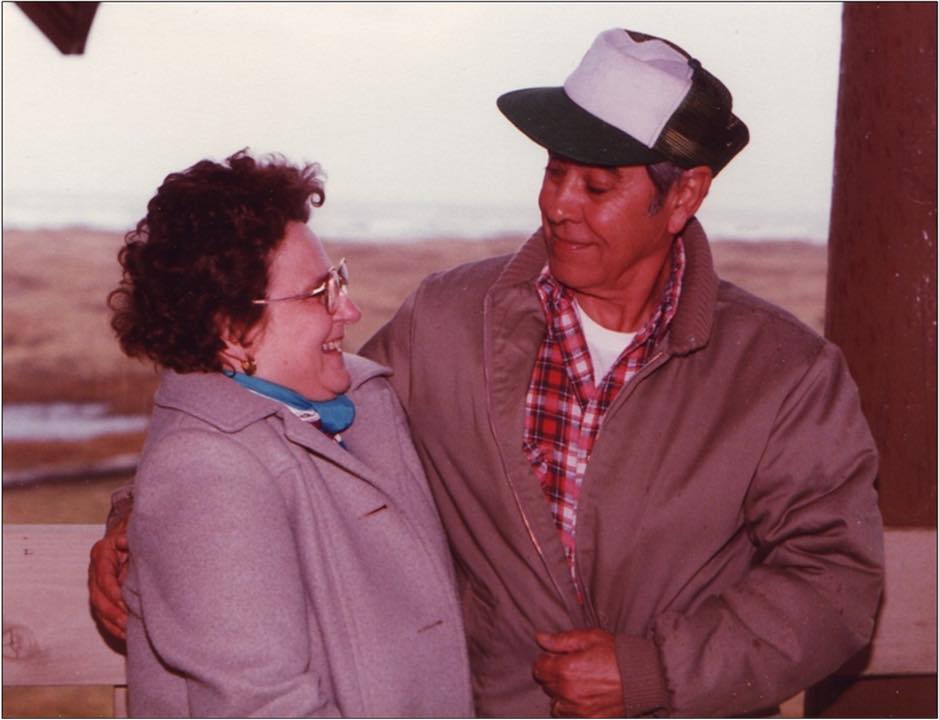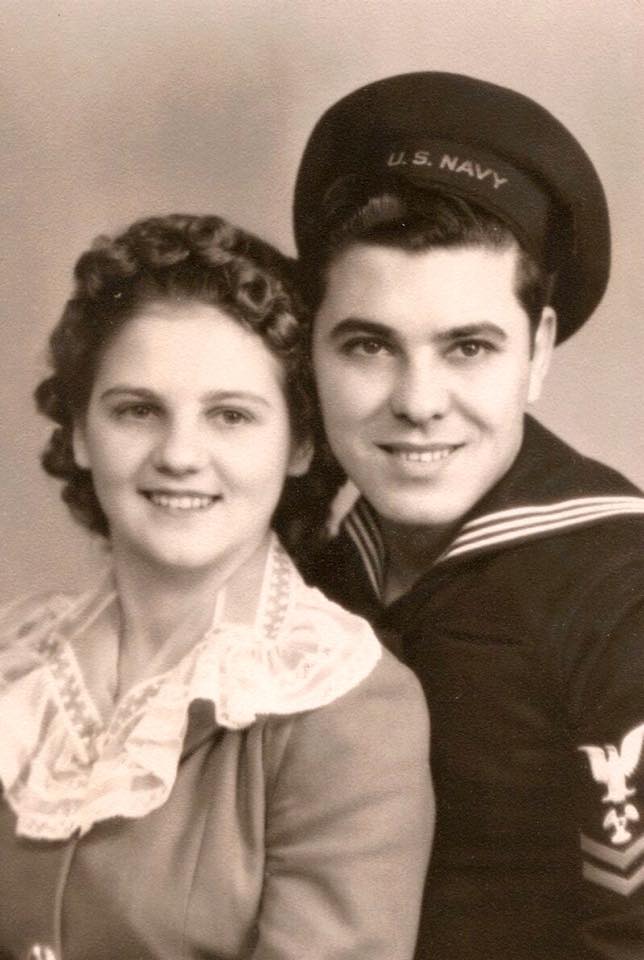
I would like to ask him what it was like to die that day.
Was he aware of it? Did he have any sense or intuition on that bright and beautiful May morning that This Was It? That his life had come to its end?
Or did it take him by surprise?
Or was one part of him taken by surprise, while another part knew, perhaps had always known, that it would be this day, this time, this place.
By the accounts we received, he went quickly. Collapsed to the ground. Heart attack. Sudden. And he was gone.
The location was fitting. Up in the lake country he loved. He couldn't have chosen a more fitting place to die. (Did you choose it, Dad?)

He was excited that last morning, Mom remembered. There'd been a landslide on the cliffs overlooking Lake Merwin, next to the family property. He wanted to get up there to see it and urged her to hurry and get dressed so they could leave. She wanted to put on her make-up.
"Oh, you don't need make-up. You look beautiful to me," he told her. "You've always looked beautiful to me."
It was unusual for him, that kind of compliment, and Mom remembered it. (Was that why you said it? Those words, were they your parting gift to her? They would sustain her for what lay ahead, she who never liked being alone.)
Years later I'd use them in my Tokyo novel. The ghost husband says to the old woman in her dreams: "My little wife, you are beautiful to me. You have always been beautiful to me."
As deaths go, it was a good death, immediate and over. Nothing fancy. No struggle. No grasping for one more day, or one more breath. No need.
It was a death worthy of you, Dad. A man who died at peace because that's pretty much the way he lived. Nothing left unfinished or unspoken. You'd said what needed to be said, what Mom needed to hear.
And then you could leave.
[First posted: May 26, 2015]



